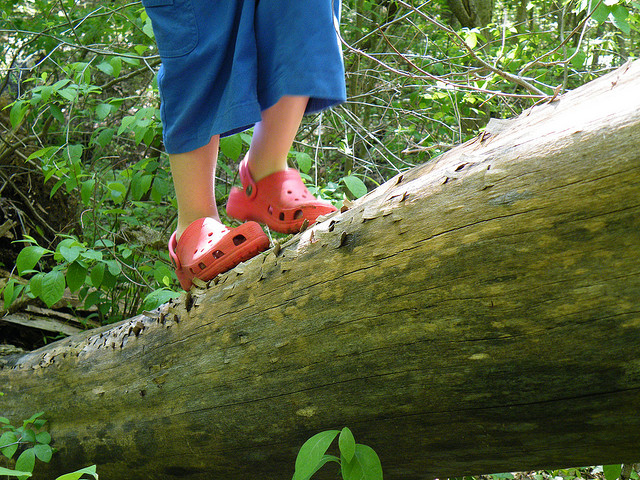Tag: Letters
-

Letters on BITG: Bringing Druidry and Druidism Into Balance
Letters is a series on Bishop In The Grove that allows readers to initiate the dialogue. Submit your letter on the Letters page, and it may be chosen to be included in a future post. This first post in the series is centered around bringing Druidry and Druidism into balance. “You’ve talked before about wanting […]
-

Heartfelt Thanks And A Call For Letters
This has been a challenging week. My post on Monday transformed this blog into a dynamic, charged space. The reactions and responses to my account of the PPD ritual covered the whole spectrum of human emotion, and reading them took me on quite a ride. Today, I’d like to simply offer my heartfelt thanks to […]

